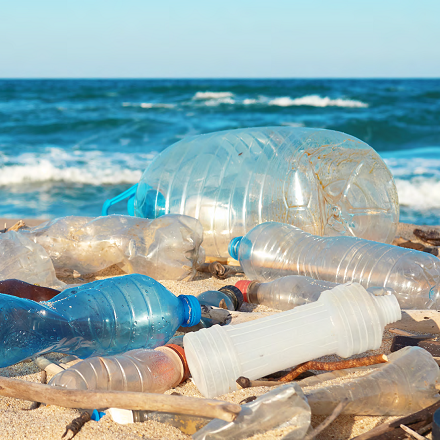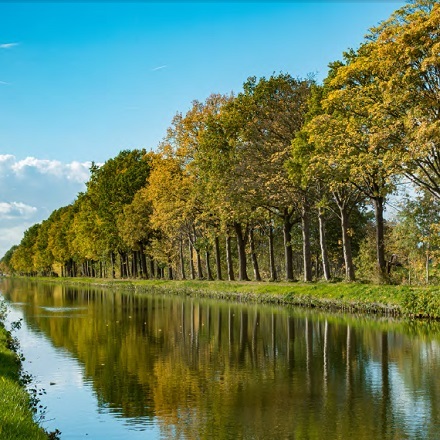Vinçotte news blog

Today, it is estimated that close to 150 million tonnes of plastic are in the ocean. This number is only predicted to increase in the coming decades, even overtaking the biomass of fish by 2050. As plastic breaks down and penetrates living organisms, it disrupts their natural cycles… and also ends up on our plates.
As for the billions of tonnes of plastic remaining on land, a mere 7 to 10% are being recycled1. The rest ends up in massive landfills, pollutes the soils, or is burned – releasing dangerous toxins into the air and contributing to greenhouse gas emissions.
Read more
Reducing CO2 emissions is a challenge that we as humanity face. More and more companies are therefore taking necessary step towards "CO2 neutrality". In other words, they ensure that their CO2 emissions are calculated in a Carbon Footprint and reduced as much as possible until they are neutral. Read in this whitepaper how your company can take the step to become a CO2 Neutral company.
Read more
